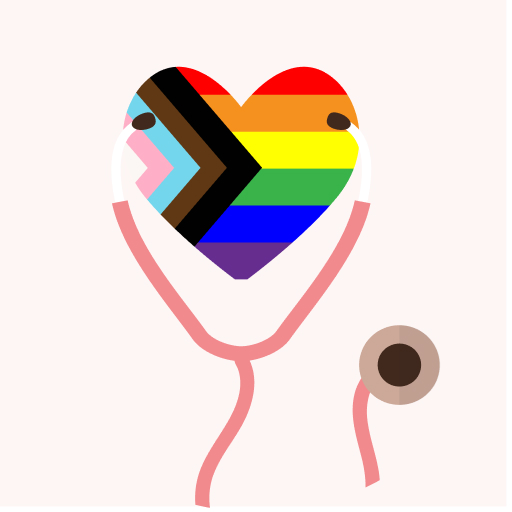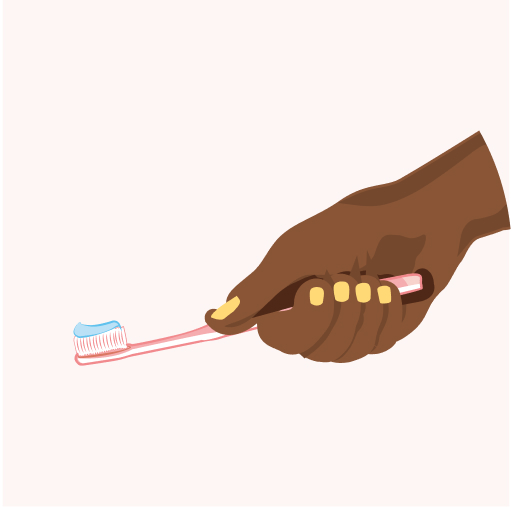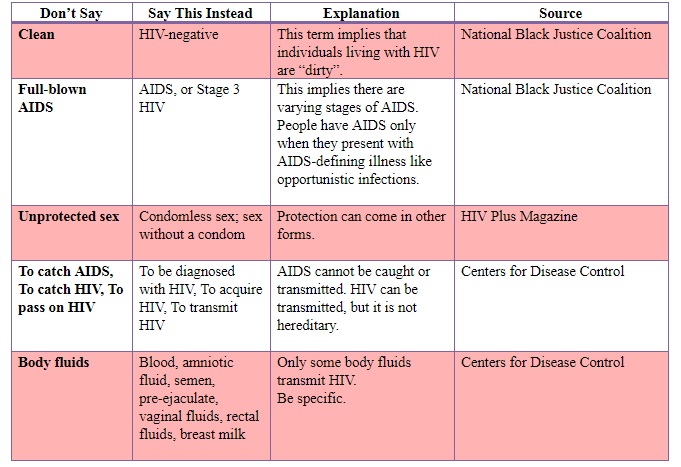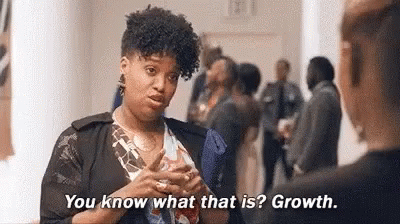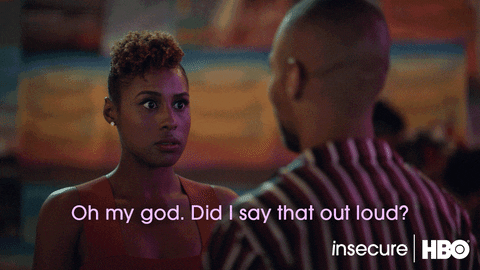
Here’s How Your Words Can Help Stop Stigma
When people hear HIV, they stop what they’re doing and pay attention. Unfortunately, much of that attention is misdirected. They judge others, lead with ignorance instead of understanding, and forget that behind the scary statistics are real people. Instead of forming real conversations about such a serious issue, they contribute to the already stigmatizing and oppressive language used in our society when HIV is brought up. And, like many who unknowingly sustain oppression and racism in our culture, when it comes to HIV and stigma, we rarely look where we should: in the mirror.
Even if your HIV status is negative or undetectable, you have a responsibility to eliminate stigma. According to the Centers for Disease Control, negative attitudes and discriminatory behavior toward people living with HIV can make them less likely to get tested or seek treatment. This is because stigma causes isolation, feelings of shame, and fear of disclosing one’s status, making it a major contributor to the overall rise in HIV diagnoses. That should set off all of our alarm bells.
When you consider that African-Americans account for 44% of HIV diagnosis, we should all rush to the frontlines to fight stigma in all forms. Misconceptions and fear about HIV are often perpetuated in our daily conversations. The language we use can create stigma by reinforcing negative stereotypes. Yet language can also disrupt stigma by affirming those living with HIV. Best said by the National Black Justice Coalition: “words can facilitate healing.”
An easy start is employing people-first language. This places the person before the medical condition and does not assign HIV to a person’s identity. So instead of saying “the HIV-positive woman,” say, “the woman living with HIV.” It’s important to recognize that phrases that seem harmless may actually be outdated, off-putting, or downright derogatory.
These language-fixes below are simple but powerful tools in combating stigma:
Don’t say “clean.” Instead, say, “HIV-negative.”
Don’t say, “full-blown AIDS.” Instead, say, “AIDS or Stage 3 HIV.”
Don’t say, “unprotected sex.” Instead, say, “condomless sex or sex without a condom.”
Don’t say, “ to catch AIDS, to catch HIV, to pass on HIV.” Instead, say “to be diagnosed with HIV, to acquire HIV, to transmit HIV.”
Don’t say, “body fluids.” Instead, say, “blood, amniotic fluid, semen, pre-ejaculate, vaginal fluids, rectal fluids, breast milk.”
Remember, this is just your starter kit. The National Association of LGTBQ Journalists, the National Black Justice Coalition and the CDC’s Start Talking resources have published language and style guides to help you dig a little deeper to fight stigma – starting with your tongue.
(This piece was originally published on BlackDoctor.org)
More Content
Mental & Behavioral Health
When You Think You've Healed, Heal Some More
Imagine my shock after being in therapy,...


